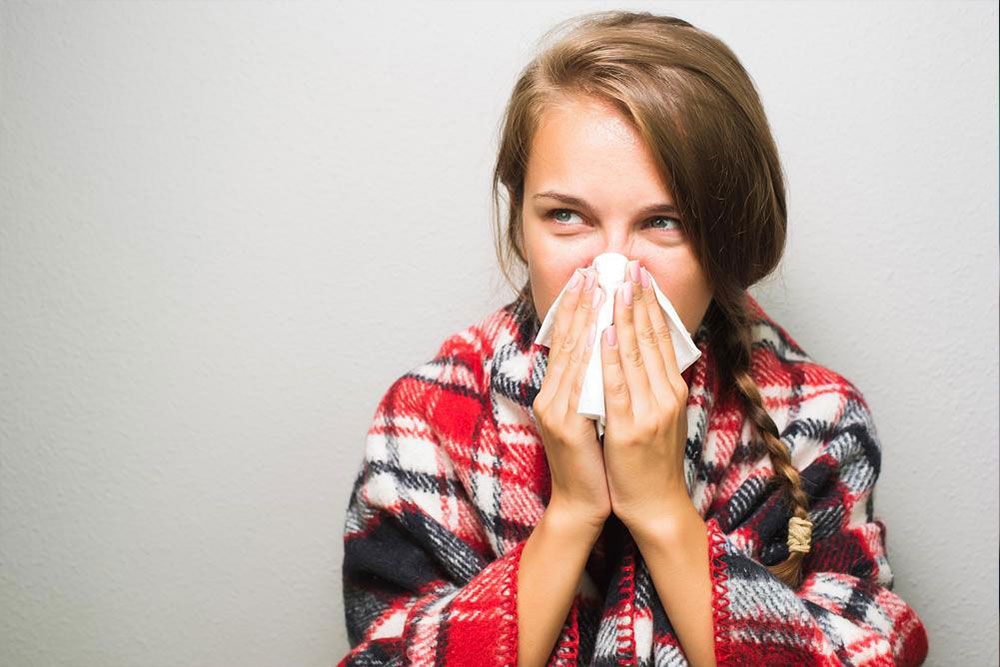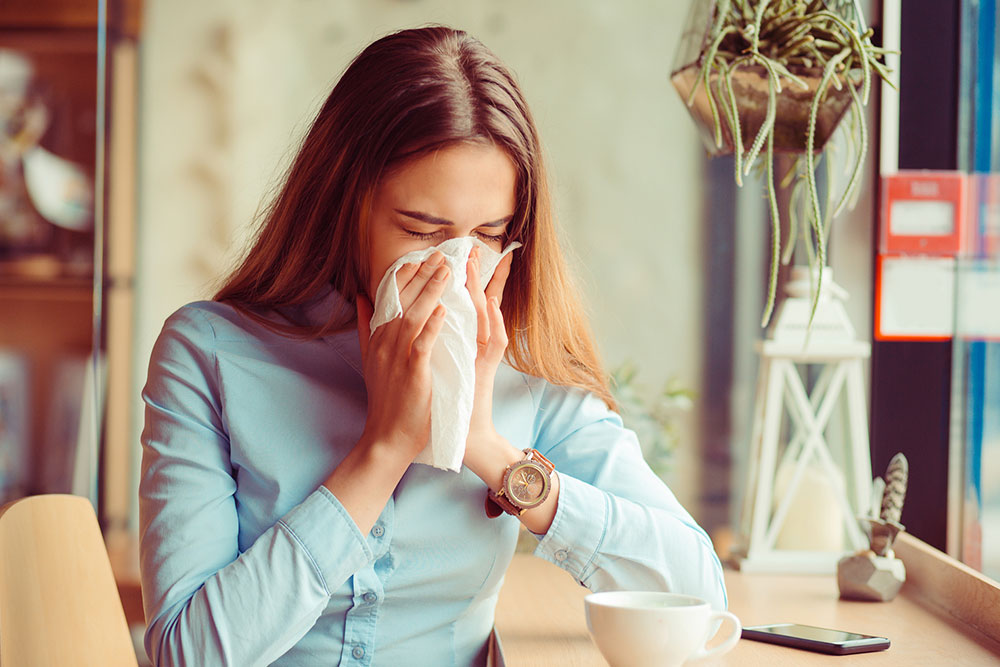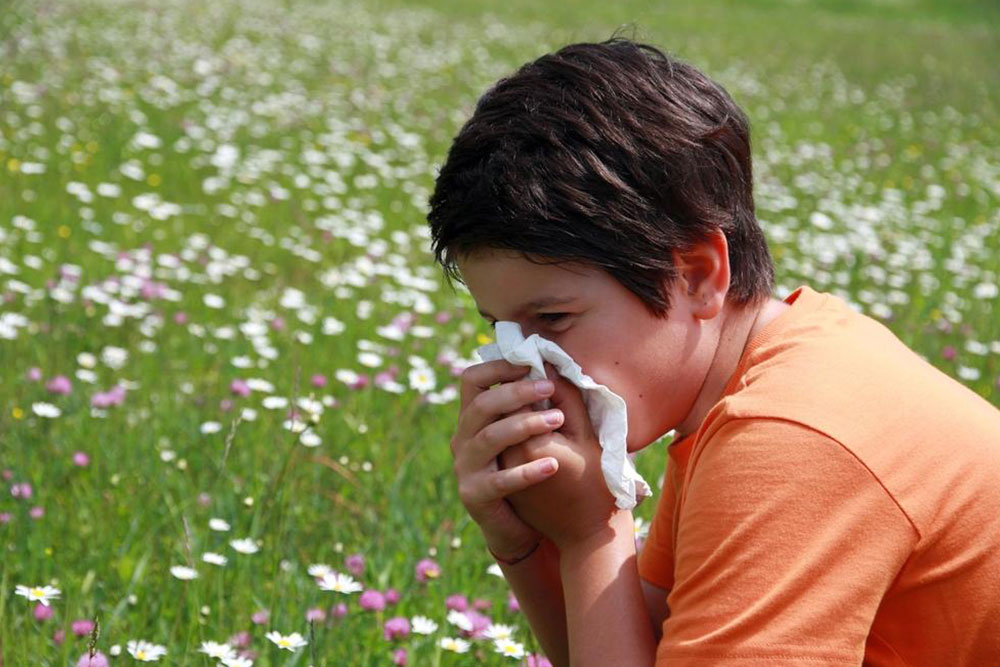Comprehensive Guide to Managing Allergies Effectively
Discover comprehensive strategies for managing allergies effectively, including identification of triggers, medication options, immunotherapy, and lifestyle adjustments. This guide helps allergy sufferers improve their quality of life by reducing symptoms and preventing severe reactions through proven, safe methods and professional guidance.

Comprehensive Guide to Managing Allergies Effectively
Allergies are a common health concern affecting millions of people worldwide, and effective management is essential to improve quality of life. The strategies to manage allergies vary depending on the severity of symptoms, specific triggers, and individual health conditions. From allergen avoidance to advanced therapies, understanding various approaches can help allergy sufferers control their symptoms and prevent severe reactions.
In this comprehensive guide, we explore proven methods for allergy management, including identifying and avoiding triggers, medication options, and immunotherapy. By implementing these strategies, individuals can reduce their reliance on medications, minimize adverse effects, and enhance their overall well-being.
Identifying and Avoiding Allergens
The first crucial step in allergy management is recognizing what triggers allergic reactions. Common allergens include pollen, dust mites, pet dander, mold, certain foods, insect stings, and medications. Accurate identification often requires allergy testing conducted by healthcare professionals, such as skin prick tests or blood tests. Once identified, avoiding these triggers can significantly decrease symptom severity and frequency.
Removing or minimizing exposure to allergens in daily environments plays a vital role. For example, regular cleaning to reduce dust and mold, using allergen-proof bedding, keeping pets out of bedrooms, and using air purifiers can greatly diminish airborne allergens. For those allergic to pollen, monitoring local pollen counts and staying indoors during peak seasons can help prevent flare-ups. Additionally, lifestyle adjustments such as wearing masks outdoors and washing hands promptly after exposure are beneficial.
Managing Allergies Through Medication
While allergen avoidance is fundamental, medications are often necessary to control symptoms effectively. It is essential to consult healthcare providers before starting any medication to ensure safety and suitability for your specific condition. Over-the-counter and prescription medications can help alleviate symptoms like sneezing, nasal congestion, itchy eyes, and skin rashes.
Antihistamines: These medications block histamine, a chemical responsible for allergy symptoms. They come in oral forms and can provide quick relief from sneezing, itching, and runny nose.
Nasal corticosteroids: These sprays reduce inflammation in nasal passages, helping to prevent congestion and other symptoms over time.
Mast cell stabilizers: Used for long-term control, these prevent the release of allergy mediators from mast cells.
Decongestants: Effective for short-term relief of nasal congestion, but should be used cautiously to avoid rebound congestion.
Epinephrine injections: Critical for severe, life-threatening allergic reactions, such as anaphylaxis caused by food, insect stings, or medications.
Proper medication use, adherence to prescribed doses, and understanding potential side effects are essential. Regular follow-up with healthcare professionals ensures that treatment plans are optimized for long-term allergy management.
Immunotherapy and Long-term Solutions
For individuals with persistent or severe allergies, immunotherapy offers a promising solution. This treatment involves exposing the immune system to gradually increasing doses of allergens, which helps build tolerance over time. Immunotherapy can be administered through allergy shots or sublingual tablets, tailored to the individual's allergens and sensitivities.
Benefits of immunotherapy include sustained symptom relief, reduced medication dependence, and improved quality of life. It requires commitment and regular sessions over months or years, but many patients experience significant long-term improvements.
Besides immunotherapy, maintaining general health through a balanced diet, regular exercise, and avoiding smoking can bolster immune function, making allergy symptoms easier to manage. Additionally, staying informed about environmental changes and new treatment options allows allergy sufferers to adapt quickly and efficiently.
Additional Tips for Effective Allergy Management
Besides medical interventions, lifestyle adjustments play a key role. Keeping indoor spaces clean, installing high-efficiency particulate air (HEPA) filters, and controlling humidity levels can reduce indoor allergens. For outdoor allergies, planning outdoor activities during low pollen times and wearing appropriate protective gear can minimize exposure.
Education is vital—patients should understand their specific allergies, recognize early symptoms of severe reactions, and carry emergency medications such as epinephrine auto-injectors at all times. Regular consultation with allergists enables ongoing management and adaptation of treatment plans.
In conclusion, managing allergies effectively requires a combination of allergen avoidance, medication usage, immunotherapy, and lifestyle changes. When approached comprehensively, these strategies can lead to significant symptom reduction, fewer emergency situations, and a better overall quality of life.





